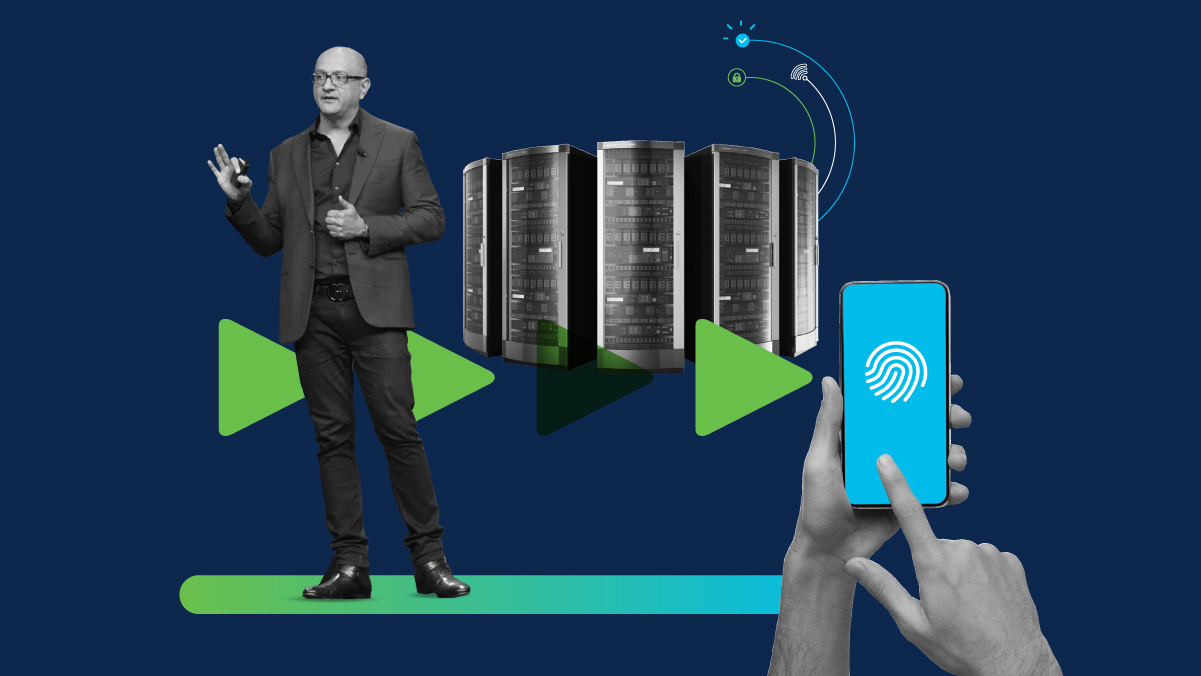By Danny Vivenzio, Global Public Relations at Cisco
Internet usage is critical to our modern world. We entertain ourselves, communicate, and work through the internet. Geography doesn’t much matter. We’re connected in our homes, coffee shops, grocery stores, offices, hotels and more. While most of us use the internet for practical reasons, others are, unfortunately, more nefarious.
Data from the National Center for Missing and Exploited Children found that potential incidents of Online Child Sexual Abuse Material (CSAM) rose 35% in 2021 to more than 29 million reports of suspected child sexual exploitation. Those reports included nearly 85 million images and videos.
“We have more than 8300 properties around the world,” says Matt Barczak, VP and Head of Global Networks for Marriott International. “With all of our properties offering Wi-Fi, ensuring it is used appropriately is an ongoing challenge. Having partners like Cisco make confronting that challenge a little bit easier.”
Marriott announced in March that Cisco’s Umbrella security solution will provide Marriott with efficient management of guest internet access, cloud-delivered web filtering, integrated SafeSearch browsing, block lists, and the configuration used by Marriott will prevent collection of guest data.
Facing the Challenge
With the largest footprint of any hotel company, Marriott International has long championed human rights and introduced human trafficking awareness training in 2016. Just last year the company announced it had trained one million associates to spot the signs of, and respond to, human trafficking.
But – guest access to illegal sites was still a problem.
“Our Global Property Internet Team came to me about an owner who had one of his non-Marriott properties flagged for excessive traffic to websites that contained CSAM. That was a sign that we needed to address this issue,” Abbe Horswill, Marriott International’s Director of Human Rights and Social Impact explains. “When we took a step back and looked at the bigger picture, we knew we had an opportunity to act. Understanding how to limit access to sites that contain CSAM, without blocking others that are potentially legitimate and impacting the internet experience for guests who are using it legally was a challenge.”
To combat this, Marriott teamed up with the Internet Watch Foundation (IWF), a UK based nonprofit, that makes the internet a safer place by identifying and removing CSAM. Twice daily, it publishes a list of sites that contain CSAM – all Marriott needed was a networking and security partner to help them block access to sites on the list.
Finding the Solution
“We’ve worked with Cisco for more than 30 years,” Barczak explains. “It was natural for us to turn to them with a discussion about how we could apply these standards at our properties, with the least disruption to our operations, and importantly, with the privacy for our guests. We evaluated Cisco’s solution against competing products in the space and Umbrella was the clear winner.”
For Cisco, the fit felt just as right.
“Deployments like this are special for us,” says Clifford Thomas, Senior Vice President and General Manager, Global Enterprise Segment, Americas at Cisco. “Cutting off the sites that seek to exploit and harm children—this is a project that affects real change in the world. We’re proud to partner with Marriott as they take a stand against CSAM."
Marriott rolled out Cisco Umbrella to six of its properties in the U.S. this past November, but the solution is quickly being rolled out to the rest of Marriott’s properties following the successful pilot.
“By early March we had Cisco Umbrella up and running at about 50 locations through the U.S. and Canada,” Horswill says. “Two weeks later we were at 1500. Now we are at over 3000. This is moving quickly and will be scaled globally by the end of next year.”



